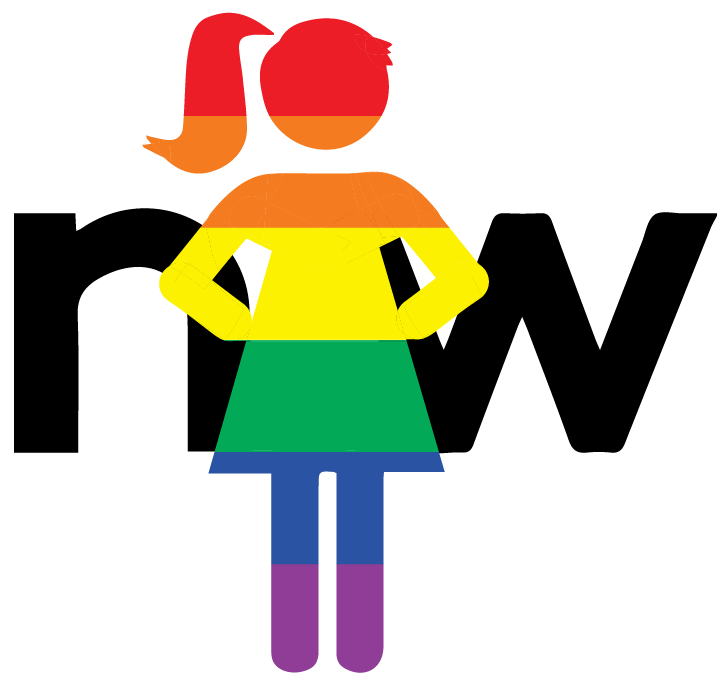I passed my CSA (and so can you)
What are the false narratives we tell ourselves about ourselves?
I’ve had too many to count, many of them starting with “you can’t/you’re not good at [fill in the blank].” I’m no psychologist but I’ve come to recognize it as a kind of self-preservation instinct, taking myself out of the running before someone else can do it for me. Ultimately it’s been my way of shielding myself from the disappointment of trying and failing.
I think I’ve always had a pretty good handle on my strengths and weaknesses. A childhood spent with my nose in books and navel gazing my way through stacks of journals led to an undergrad English degree and a short stint as an English as a Foreign Language (EFL) teacher in South Korea. Every job interview I’ve ever had I’ve emphasized my abilities of communication and interfacing across teams. Soft Skills might as well be my middle names at this point.
It might come as no surprise that my longest-held narrative was that I can’t learn tech. I’ve always found working with words comfortable and easy, so seeing familiar letters all jumbled up with numbers and symbols for the purposes of coding made me twitchy. In my mind they were at odds, and being good at one meant there was no point in even touching the other. A few years ago I married my software engineer boyfriend and the dichotomy was only reinforced. He would spend evenings writing lines of code at the dining room table while I read ferociously to keep up with my two book clubs. We stayed in our lanes—it never occurred to me to even be curious about his, until one day it did.
My husband’s suggestion that I learn ServiceNow came at the end of last year, at a point when I had been thinking I might want to pick up a new skill. He sold it to me as tech-adjacent (less threatening than full tech) and low-code (because I would never have touched it otherwise). Still a bit skeptical, I decided to start small and spent a weekend going through the introductory mini course on the NowLearning site. With the completion of each low stakes task, I grew incrementally in confidence. By the end I had a micro-certification, my very first piece of external validation in anything technical, and things were already starting to shift in my brain.
Had I touted my “can’t learn tech” narrative for so long that it might be outdated? Maybe I needed to raise the stakes for myself to find out if I was capable of more than I thought.
I started poking around in the NowLearning portal. What I found out is that ServiceNow makes the paths to self-learning almost absurdly straightforward. Do you want to be an administrator? A developer? An implementer? The steps are all listed there, from courses all the way up to certification. Learning how to be an administrator felt like the lowest barrier to entry, so I enrolled in the on-demand Administration Fundamentals course and got to work. It took me about a week to get through all the material in the course, one or two modules at a time after the workday. I had gotten through a couple before I asked my husband, “should I have been taking notes this whole time?” (the moral of that story: don’t ask questions you don’t want the answers to). So I went back through the beginning material to put together the notes I should have been taking from the start. After that initial setback I started to get into a groove with the course. I absorbed a lot of information from the videos but I found what really helped solidify concepts and processes for me was going through labs in the practice PDI.
Throughout my time working through the course, the CSA exam loomed like a stormcloud that I was growing less and less likely to outrun. The idea of being tested on the material when I was just getting my head around ServiceNow administration was terrifying, yet at a certain point it felt like I had invested too much time into learning to not take it. And if I’m being honest, a part of me was keen to see how I measured up. I felt like I had to prove something to myself and to the world, and the measure to prove that would be passing the CSA.
After completing the course I set my exam date two weeks later. I knew if it was too far out it would have given me permission to take my foot off the gas pedal at a time when it was best to keep the momentum going. I didn’t know how long the shelf life of all my newly acquired and highly specific knowledge was. I resigned myself to an intense next two weeks. With work ramping up again after the holidays it was a constant cycle of expending hours of mental energy, then having to access my last reserves to concentrate on studying. By the end of the second week my brain felt saturated and all I wanted was for it to be over. The next morning, at the end of sixtyish minutes of sweating and hand wringing, I pressed submit and got the screen telling me I had gotten a passing score.
My CSA journey, from starting the fundamentals course to sitting the exam, took me almost exactly one month. I drew upon the advice and opinions of others every step of the way. It was a comfort to know that I was never the only one in this boat—there are dozens of people trying to learn the secrets to passing the CSA and a lot of information floating around online. These were the pieces of advice I took with me through the process.
1. No need to look far beyond the Fundamentals course materials
Apparently you can take practice CSA exams on sites like Udemy or Quizlet. I wouldn’t know because I didn’t look at any of them. Maybe it was paranoia but I didn’t want to take the chance that any nonofficial material would be inaccurate or outdated, so I concentrated on learning from the course itself and the e-book.
2. Don’t set your exam date too far out
Keeping the period between finishing the course and taking the exam fairly short allowed me to maintain my focus. I wanted to make sure the quality of my studying wasn’t too diluted by the pressures and distractions of everything else that needed my attention.
3. Take notes as you go
Writing down terms and definitions helps commit them to memory. I kept a Word document open and would often pause the video to take notes. You can for sure get through the course faster without this extra step but engaging with the material in this way will help solidify concepts, and you will pay more attention than you would perhaps otherwise.
4. Learn the ServiceNow-specific definitions
The exam is terminology-based. They don’t want to know the general definition of a group, they want to know that you know the ServiceNow definition of a group. This is especially crucial for the questions that ask you to choose multiple options, where only choosing all the correct ones will result in a correct answer (no partial credit for choosing A, C, and D if the correct answer is A, B, and D). The more familiar you are with exact definitions the less likely you will be tripped up when you see five options of varying levels of viability.
5. Pace your studying
I have always been too much of an Order Muppet to leave all my studying to the last minute and then cramming. In the case of the CSA especially I believe in breaking the material up into manageable chunks. After completing the course and setting my exam date, I spent every night reviewing one or two modules at a time. The more repetition you have with the material the fewer surprises you will encounter on exam day. Speaking of repetition…
6. Redo the labs
After you’ve done them the first time, go back and do them again, just to establish muscle memory. Some of the questions will require you to choose the exact sequence of steps to get to a certain part of the platform and the options will almost definitely be similar. Choosing the right option with confidence will require practice in the mock PDI where you can have all the practice you need navigating around.
7. Reference the exam blueprint
With all the information covered by the material it’s good to have a handle on how to focus your studying. The exam blueprint is an important guide that lays out weightings, topics, and structure and removes some of the mystery around what to expect.
In the grand scheme of things, earning the CSA is only the start when it comes to proof of knowledge of the platform. But being at the start of something is further along than being somewhere behind the line, unwilling to take the first step. My experience is just one of many, but I hope what I’ve learned can be helpful to others. Being intentional about my study habits and what advice I chose to make a part of my process were some of the keys to my passing score.

